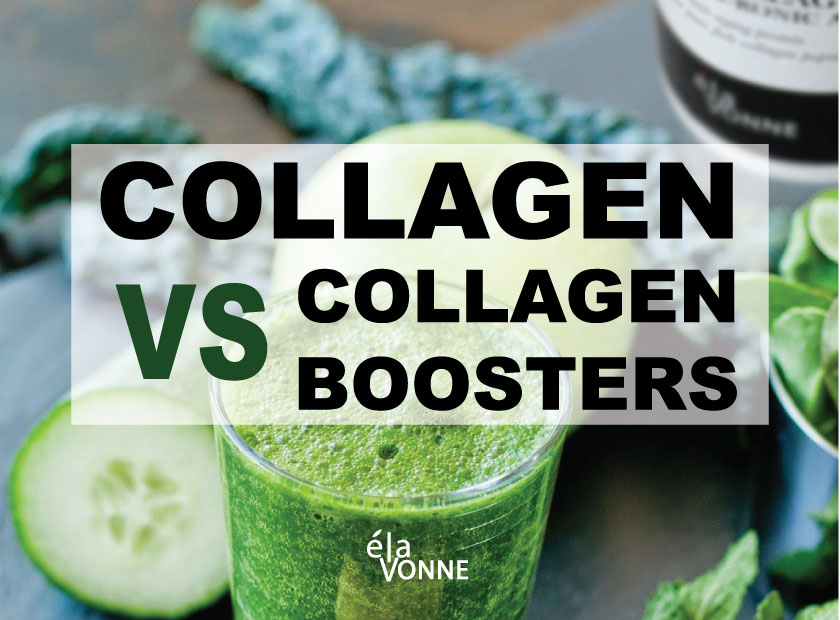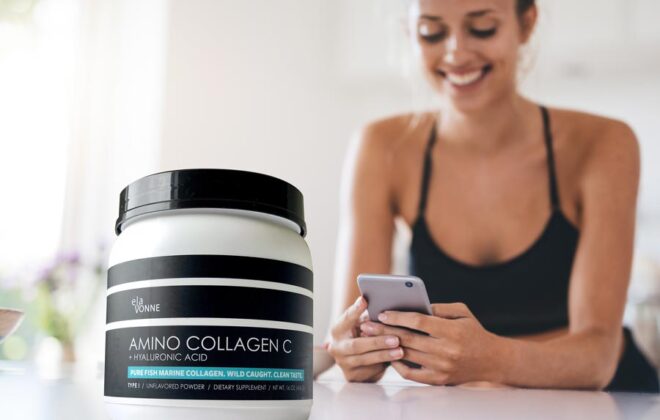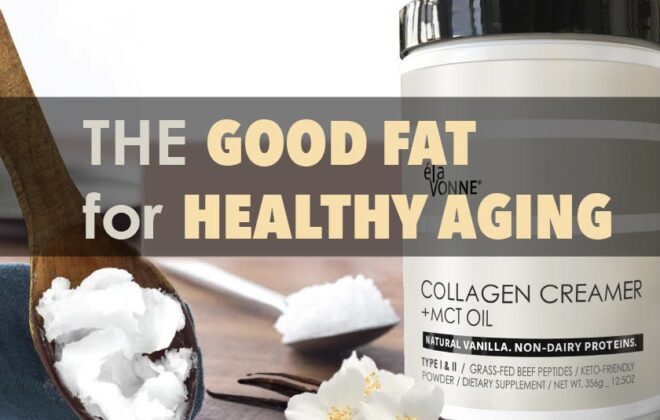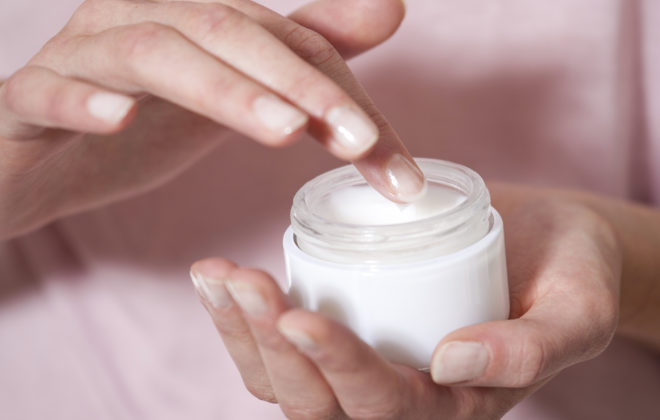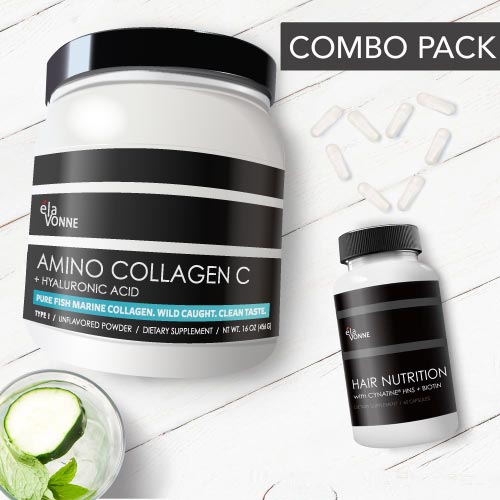Collagen Supplements vs. Collagen Boosters
You produce your own collagen in your body. It holds your body together. Children produce loads of collagen and have huge stores of it head to toe. It’s no secret that as you age, your body will produce less and less collagen. We don’t have to remind you of the results, just look in the mirror and feel your knees.
Next, we get asked by vegetarians if there is a way to boost collagen in the body without eating animal products.
Another popular quandry is if it’s better to eat collagen protein whole or hydrolyzed (peptides)?
What about plant-based collagen boosters?
Are collagen boosters more effective for building collagen in the body than eating actual collagen?
Here’s the bottom line on what you need to do to get more collagen in your whole body:
Collagen Boosters: The Construction Workers
First, a collagen booster is a construction worker in the body. Anything that can help your body protect, repair, build, or enhance the collagen production process in the body can be considered a collagen “booster” in our opinion.
Do we like them? Yes.
Which collagen boosters do we like, you ask?
Well, here’s a short list, but the basics are this… eat healthy and exercise. You’re reading this article, so we assume you’re not a sedentary, smoking, sun-worshipping, candy-holic. But, even if you are, there are ways to get your collagen production out of the toilet. For starters, a good step towards getting your collagen factory repaired is by getting plenty of the following nutrients in your diet:
Antioxidants (Lycopene, Vitamin C, Vitamin A)
Getting natural antioxidant nutrients from bell peppers, carrots, broccoli, and other nutrient-rich veggies is an excellent way to protect body collagen. Further, these nutrients can protect collagen from free-radical damage, as well as support collagen repair when it’s already been damaged. These nutrients also do well when applied topically to the skin.
Zinc
Zinc is your general contractor for collagen construction. As such, this co-factor activates the proteins that make collagen. The highest sources of zinc will be found in shellfish, like oysters. If that’s not your thing, get your hands on a good zinc supplement, or you’ll be eating seeds all day long.
Organic Sulfurs and Amino Acids
Garlic, shallots, leeks, and onions are wonderful sources of lipoic acid, taurine, and other organosulfur compounds that repair existing collagen in the body.
Omega-3 Fatty Acids & Hyaluronic Acid
Finally, absolutely crucial for aging and protecting existing collagen are omega-3 (from fish oil) and hyaluronic acid. Omega-3 fatty acids protect the fatty layer around the cells and hyaluronic acid draws in moisture. Consider these components like bubble wrap for your delicate collagen parts.
True, there are vast benefits all over the body, but for your skin, omega-3 from fish oil and hyaluronic acid will help deliver the plumpness you had when you were 20 as well as provide a stronger barrier to collagen-killing invaders.
Bottom Line on Collagen Boosters
The above nutrients will help protect and repair the collagen that is already existing in the body. They will work for the body only as well as it is able to produce actual collagen, so for that reason, will not complete your collagen manufacturing problem. Collagen boosters are like the construction workers on a site, ready to build the house, but they need the brick and mortar.
Collagen: The Brick and Mortar
The bottom line is, there is no way to replace collagen protein in the body with a collagen booster. Do boosters help? Yes, of course, and they are vital for vegetarians and vegans. But, in order to get your body up to standard, you need to provide it with the building blocks it needs to produce collagen on its own, and that’s only through ingesting actual collagen.
Whole Collagen or Hydrolyzed Collagen (peptides)?
Hydrolyzed, and here’s why… its already broken down into amino acid peptides and is available for your body to use. It’s like the nicely shaped bricks that arrive at the job site, ready to be stacked. Hydrolyzed collagen is more efficient, and easier to deliver.
A whole collagen protein would be like the boulder that the bricks come from. The process of breaking it down is arduous and leaves a large portion of the material unusable. Digestion is an inefficient process if you want to get collagen in your body, especially when collagen peptides are so easily available in supplement form.
Ideally, you want a marine collagen supplement, like Amino Collagen C, which is top of its class in collagen peptide raw material. Made from wild caught fish collagen, it is the most absorbable, most bioavailable type of collagen you can put in your body because of its unique amino acid profile, and, it contains mega boosters vitamin C and hyaluronic acid.
Other Features:
- Made in USA
- No Added Sugar
- No Added Flavors
- Non GMO
- No Gluten
Combine Amino Collagen C with your healthy diet of superfoods and regular exercise, and get ready to feel amazing!


